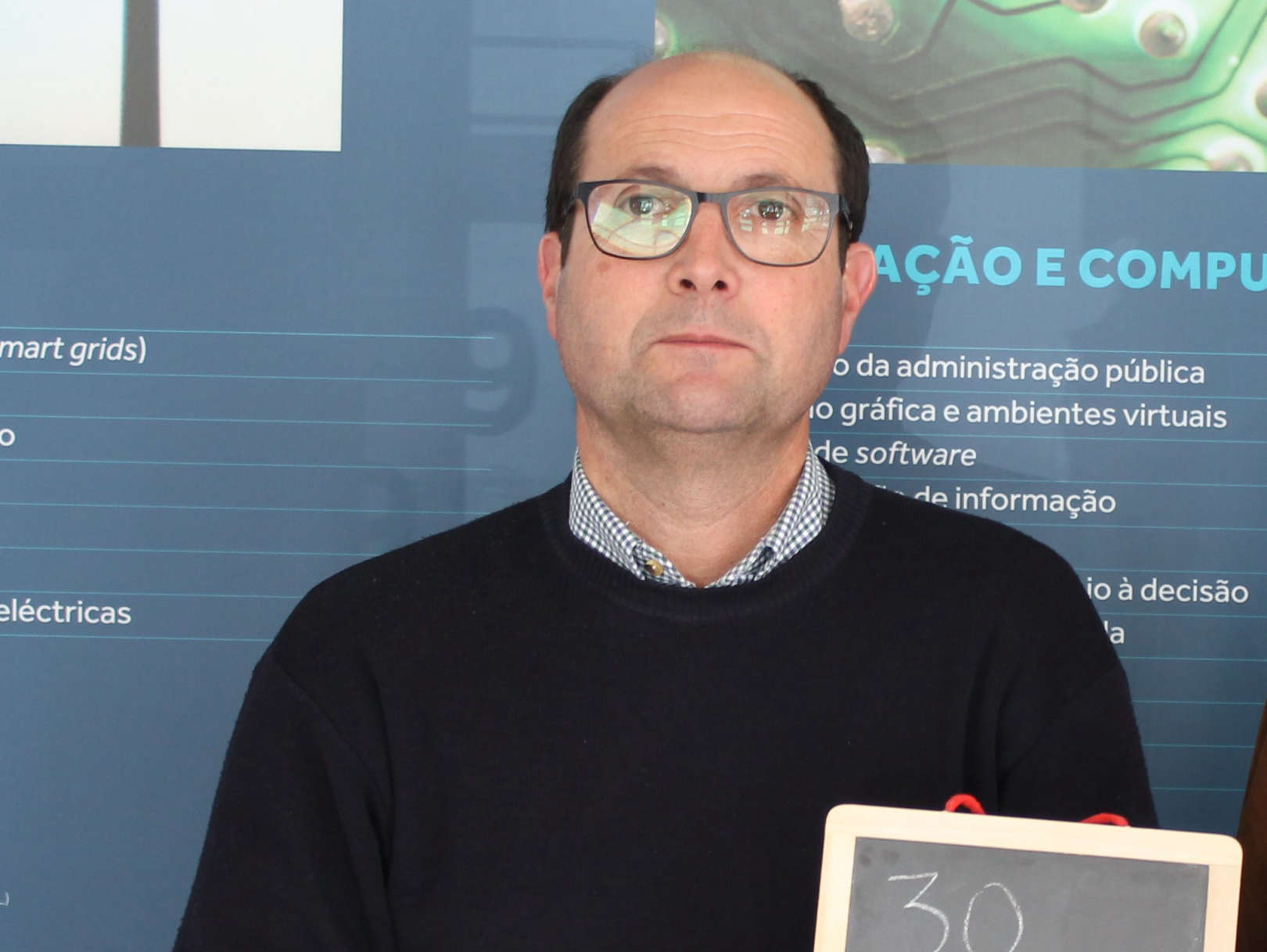About
Nascido no Porto em 1962, licenciado em Engenharia Eletrotécnica em 1985, Mestrado em Engenharia Eletrotécnica e Computadores em 1991 e Doutor em Engenharia Eletrotécnica e Computadores em 1999 pela FEUP. Professor na FEUP desde 1987, Investigador do INESC desde 1987, Diretor da Qualidade entre 1993 e 1994, responsável pela certificação de uma empresa de módulos electrónicos - ramo automóvel. Coordenador do Colégio de Eletrotecnia da Ordem dos Engenheiros da Região Norte. Participação em Peritagens, Auditorias Energéticas e Projetos nacionais e europeus.


